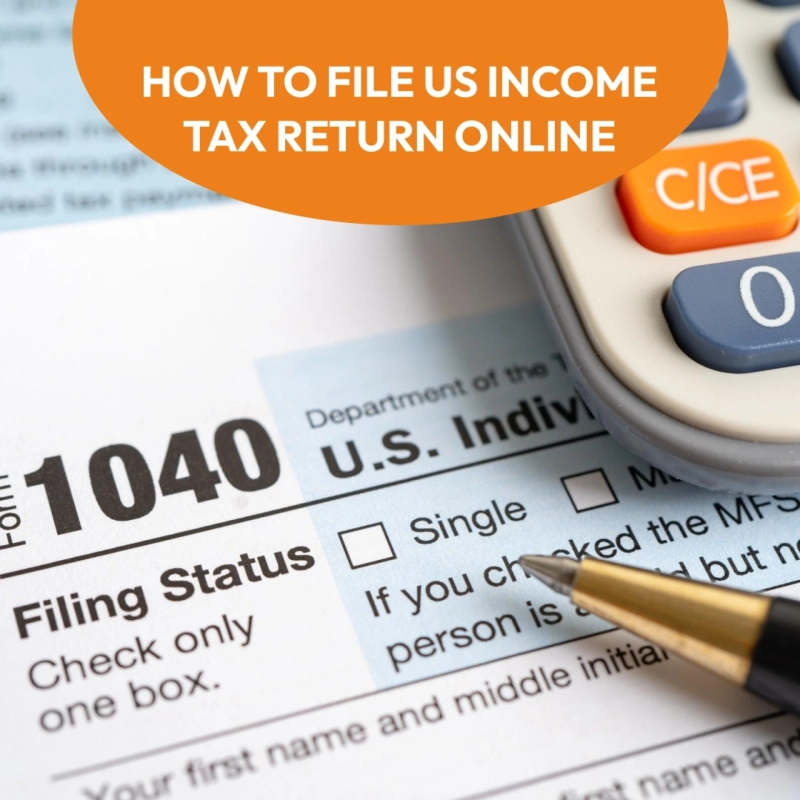If you are an expatriate living in the United States or planning to move there, it is important to understand the US income tax system and how it applies to you. Filing taxes as an expat can be a complex process, but with the right knowledge, you can navigate it effectively. Here are some important things you need to know about US income tax as an expat:
- Determine your tax residency:
The first step in understanding your US tax obligations is determining your tax residency status. Generally, if you are a non-US citizen or green card holder, you are considered a nonresident alien for tax purposes unless you meet certain criteria that make you a resident alien. Your tax residency status will determine how your income is taxed and what tax forms you need to file.
- Report all worldwide income:
As a US resident for tax purposes, you are required to report all worldwide income on your US tax return. This includes income earned in the US and income earned in your home country or any other country. It is essential to keep detailed records of your income from all sources to ensure accurate reporting.
- Foreign earned income exclusion:
There is a provision in the US tax code called the Foreign Earned Income Exclusion (FEIE) that allows qualifying expats to exclude a certain amount of their foreign-earned income from US taxation. For the tax year 2021, the maximum exclusion amount is $108,700. To qualify for the FEIE, you must meet either the Physical Presence Test or the Bona Fide Residence Test.
- Foreign tax credits:
If you pay taxes in your home country on income earned there, you may be eligible for a foreign tax credit. This credit can offset your US tax liability on foreign income, preventing double taxation. To claim the foreign tax credit, you need to file Form 1116 along with your tax return.
- Reporting foreign assets:
US expats may have additional reporting requirements for foreign financial accounts and assets. If the total value of your foreign financial accounts exceeds certain thresholds, you may need to file a Report of Foreign Bank and Financial Accounts (FBAR) and/or Form 8938 Statement of Specified Foreign Financial Assets.
- Social Security and Medicare taxes:
As an expat, you may still be subject to Social Security and Medicare taxes, depending on your residency status and the nature of your work. Some tax treaties may exempt you from these taxes, so it is important to consult the tax treaty between the US and your home country to determine your obligations.
- Seek professional assistance:
Given the complexities of US tax law, seeking professional assistance from a qualified tax advisor with expertise in expat taxation is highly recommended. They can ensure that you comply with all tax obligations, take advantage of available tax benefits, and avoid any potential penalties or issues with the Internal Revenue Service (IRS).
Navigating US income tax as an expat can be challenging, but with proper understanding and guidance, you can fulfill your tax obligations effectively. Stay informed, keep thorough records, and seek professional assistance to ensure compliance and make the most of available tax benefits.



